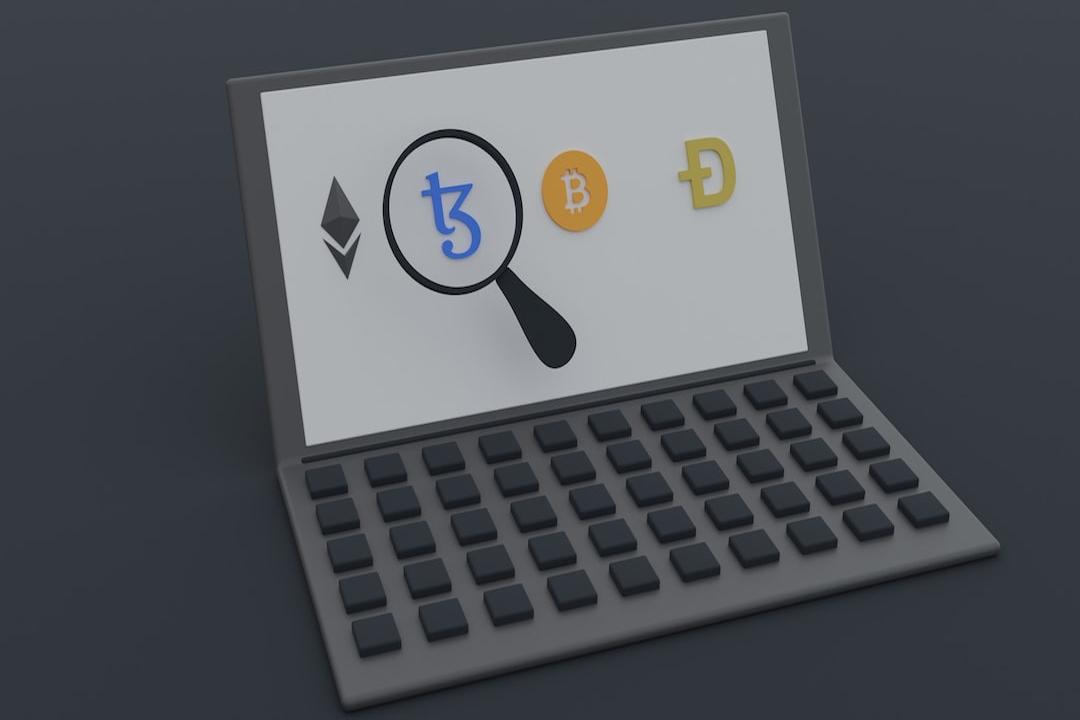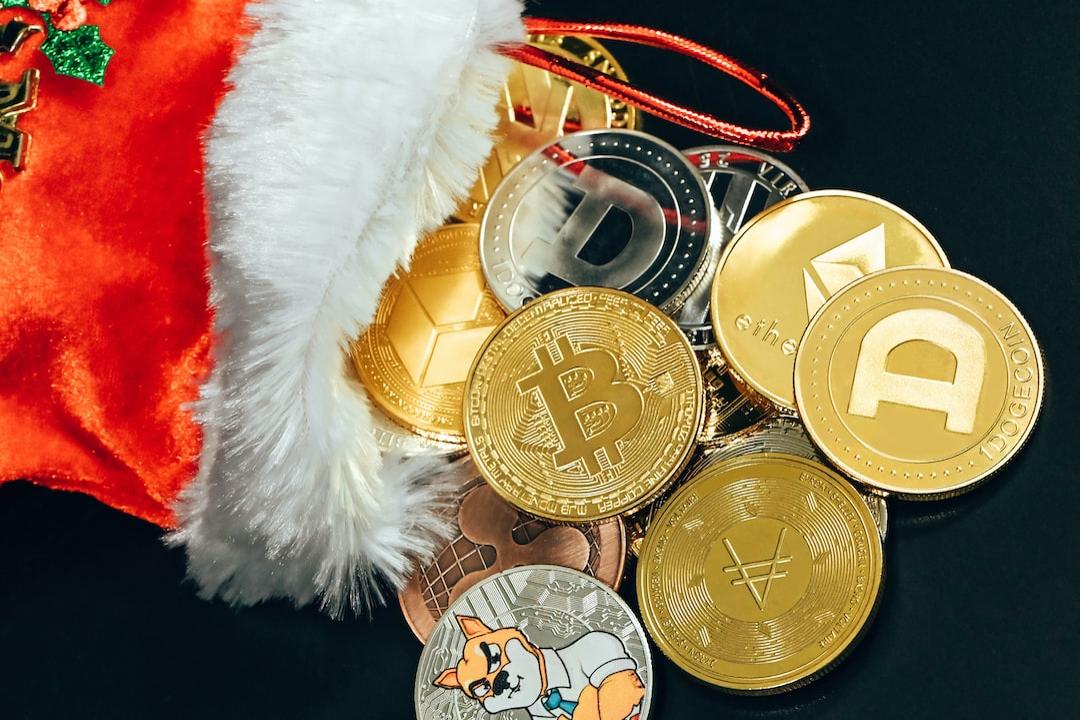Binance, one of the leading crypto exchanges, has implemented a price limit for Tether (USDT) tokens on its peer-to-peer platform in Nigeria. The aim is to comply with local regulations and authorities. Currently, traders on Binance are unable to sell USDT above the cap of 1,802 naira per USDT. Binance has assured its Nigerian users that it is committed to working closely with local authorities, lawmakers, and regulators to enforce the price cap and address any noncompliance issues. The Binance P2P platform allows users to directly buy and sell cryptocurrencies for fiat currency with other users.
The introduction of the price cap has led some traders to seek alternative exchanges where they can trade freely without any restrictions. Binance responded to allegations that it was succumbing to the foreign exchange control desires of the Nigerian government by stating that the P2P price peg was a result of an automatic system pause. According to the exchange, their system automatically pauses in the event of significant currency movements, and the temporary suppression of prices allows for necessary adjustments to be made while still allowing trading to continue.
In an effort to combat forex speculation and address the issues affecting Nigeria’s economic stability, the Office of the National Security Adviser and the Central Bank of Nigeria have joined forces. They have identified speculators, both domestic and international, as major contributors to the depreciation of the naira, which has worsened inflation and led to economic instability in the country.
The Nigerian government’s unification of forex windows in mid-2023 resulted in a significant devaluation of the naira against the US dollar on the foreign exchange market. The exchange rate doubled from approximately 700 naira/$1 to a historic high of over 1,500 naira/$1.
In July 2023, the Nigerian Securities and Exchange Commission (SEC) issued a warning to local investors against using Binance. The agency stated that the platform was operating without a license and its activities were deemed illegal. The SEC also emphasized the high risks associated with investing in cryptocurrencies and the potential for total loss of investments.
Nigeria currently holds the title of the largest P2P market in the world. This status was achieved after the Central Bank of Nigeria banned financial institutions from engaging in crypto transactions in 2021. However, a circular sent to banks in December 2023 lifted the ban, allowing Nigerian banks to facilitate cryptocurrency transactions.
Many Nigerians who engage in foreign exchange struggle to conduct transactions through traditional banking and Bureau de Change channels due to high fees. The fees for transferring foreign currency within the banking system are significantly higher compared to the crypto market, making P2P transfers more appealing to users.
(Note: Proper nouns and 
have been retained as mentioned in the requirement.)

